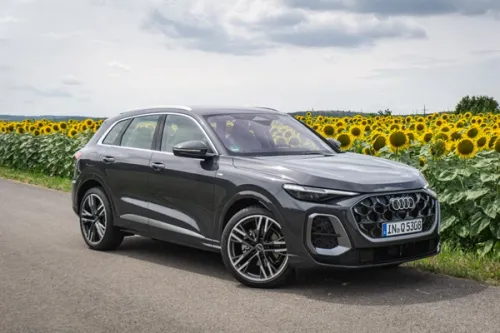Opinion - Is Car Leasing Really Better Than Owning A Car?
In fact, it is likely that a vast majority of car companies in Singapore now offer car leasing schemes or options. Is car leasing a viable long term option for most Singaporeans, or is it a quick fix, instantly gratifying mechanism that can harm our financial situation in the long run?

For some time now, car leasing companies and programmes have found their way onto our Facebook feeds and into our lives. More people are utilising car leasing schemes, or have at the very least, considered it as an alternative to buying and owning their own car. In the market today, there are many car leasing schemes. Not too long ago, car leasing was initially being marketed and offered by out and out car leasing platforms such as Carro. Today, a quick google search for ‘car leasing singapore’ will yield plenty of results from rental companies like Avis, Sixt, and Hertz entering the car leasing game, to authorised dealers like Wearnes and Eurokars offering car leasing options. However, to me personally, what I have found most intriguing is that even premium luxury brands like Mercedes-Benz, BMW, Audi, and Lexus, all offer in some shape or form, a car leasing option. In fact, it is likely that a vast majority of car companies in Singapore now offer car leasing schemes or options. Is car leasing a viable long term option for most Singaporeans, or is it a quick fix, instantly gratifying mechanism that can harm our financial situation in the long run?
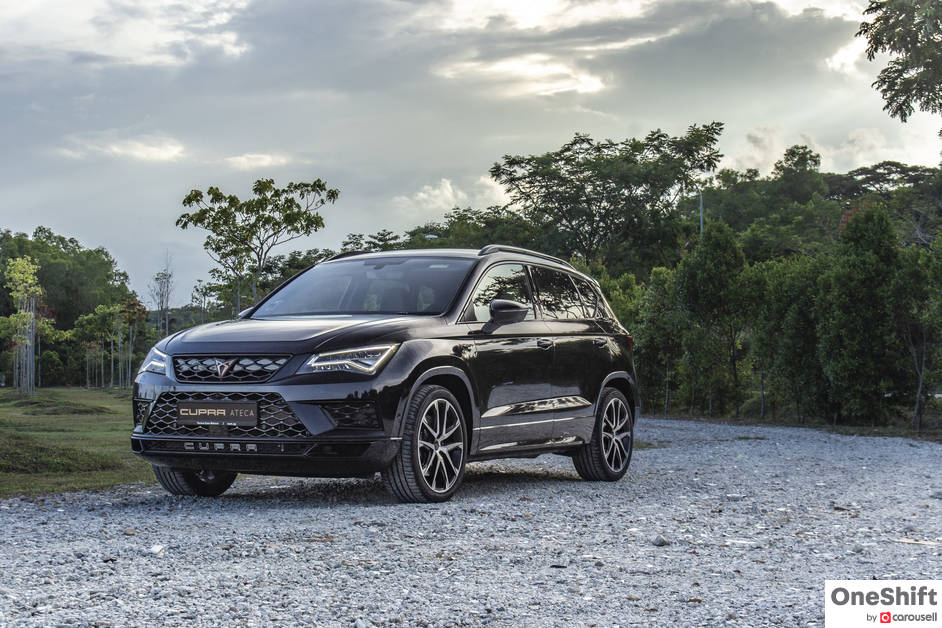
The exact figures on the take-up rate of such car leasing schemes are hard to come by, but the speculation is that since more and more car companies are running these schemes, it would indicate that there is a general increase in demand for such schemes. To address the elephant in the room, a car leasing scheme is essentially where you pay a very small or no downpayment to get access to a car, after which you are contractually bound to pay a fixed monthly fee for the use of the car. Typically, road tax, insurance, and maintenance costs are included in your fixed monthly fee, while variable costs like parking and fuel are borne by you. As with any contracted agreement, there are terms and conditions which vary across companies, but the items you’ll need to take note of usually surround issues like returning the car in its original condition, insurance excess, and restrictions on driving up to Malaysia (or increased insurance excess if you do).
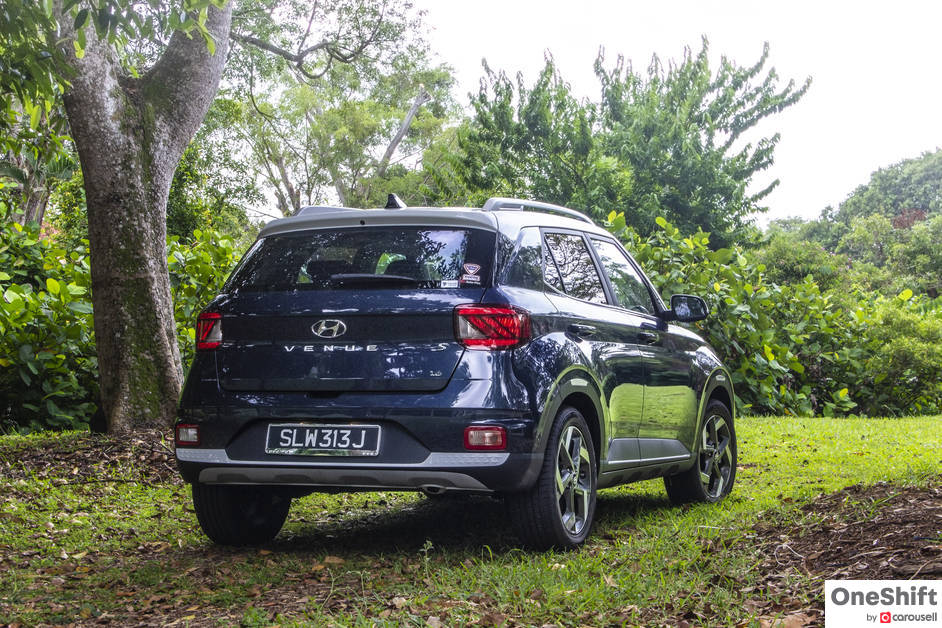
On the surface, this sounds like a great deal for any aspiring car owner, and you would be forgiven for jumping to the conclusion that car leasing schemes are a better option to owning a car. If it was really the case, why isn’t everyone leasing a car instead of buying one? In my opinion, car leasing schemes work for people with very specific personal and financial situations, and while easy to get into, will cost you more money in the long run, and isn’t sustainable. I’m not insinuating that car leasing schemes are a scam - because they are not. In fact, they are pretty transparent in their terms and conditions. However, there is more to consider and realise before jumping onto the car leasing bandwagon.
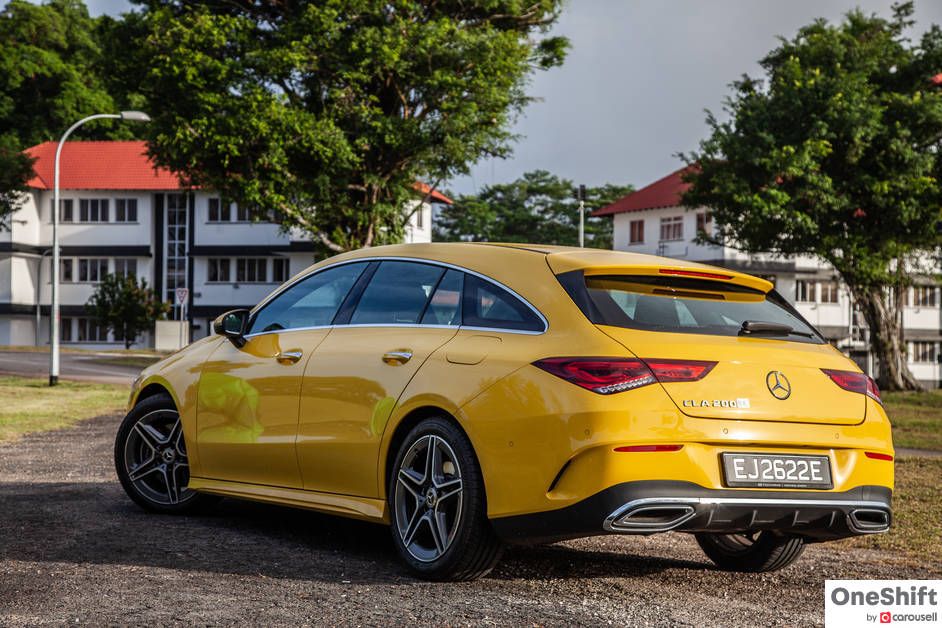
Even when you factor in insurance and road tax and you compare the financial outlay on car ownership against that of car leasing over time, you will find that in most permutations, car ownership costs more, but only marginally more. This is not yet taking into account scrap values and resale values of the car you own. What this means is that depending on the car you own, the ARF value or resale value of the car recouped will balance out the equation and might actually cost you more or less the same amount of money over time. In short, what this means is that, the more premium the car (and higher the ARF), the more you should consider owning it rather than leasing it.
If you are financially capable of purchasing a new car, and compare that option against car leasing, it is key to note that most new cars come with 3-5 years of agent warranty and free servicing anyway, which means that apart from basic wear and tear parts, you are not going to be faced with major, life altering repair bills no matter how unreliable the make or model. This effectively nullifies the so called benefit of having maintenance included in your car leasing fixed monthly fee. If you compare car leasing against buying a used car outside of warranty, then you’ll have to be a little more discerning. There are many more points of consideration here, but the key thing would be to compare your monthly installments for your used car, against the fixed monthly fee for a leased car, and estimate what sort of maintenance costs are needed to keep your used car running. While the playing field is levelled out a little here, I would say financially, it still makes sense to buy the used car.
Why? - For illustration sake, a used Honda Vezel would cost about $10,000 / year to own, inclusive of road tax and insurance, while a Honda Vezel would cost about $18,000 / year to lease. That leaves an $8,000 difference for variables such as maintenance, and that is a huge buffer for maintenance. For reference, that kind of money can get you a new gearbox should you be so unfortunate as to require one. I have spent exactly $4,926 in the past 12 months on maintaining my 9 year old Audi A4 on things like engine mountings, coolant hose, coolant tank, gearbox oil change, drive shaft cover, brake rotors, brake fluid flushing, and a few regular services. Chances are, you will not require $8,000 to maintain a used Japanese car, which means, owning the car is actually cheaper.
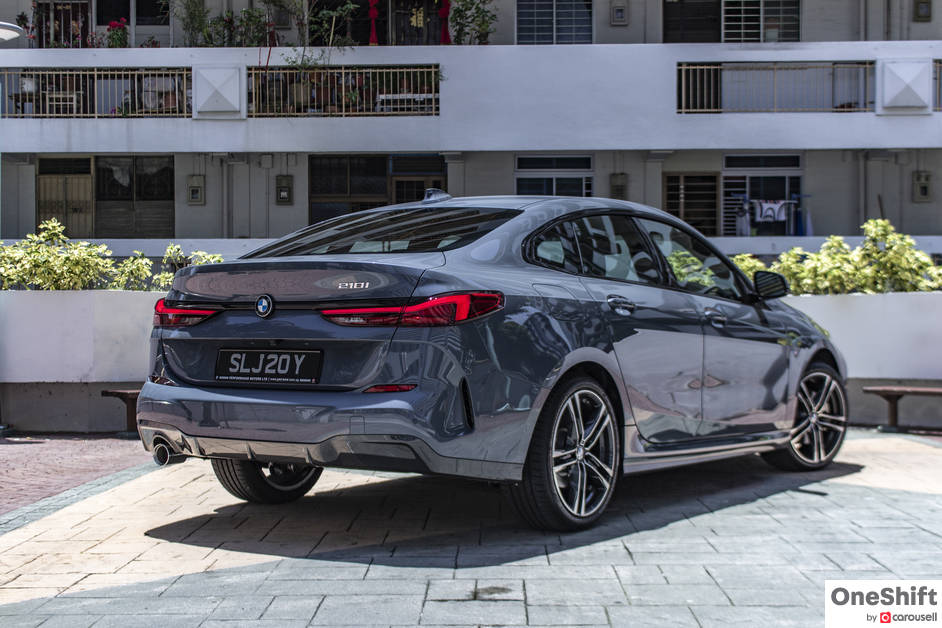
Now that we have addressed total financial outlay, insurance, road tax, and maintenance, car leasing’s greatest trump card is built heavily around the significantly lower down payment that is needed to get access to the car. If you are a young professional who draws a decent salary, but unfortunately have not amassed much savings, then yes, car leasing does factually offer you a very easy ‘step to the left’ way to circumvent a large down payment for a car. While car leasing schemes are often touted as convenient, hassle free, and are supposed to make your financial situation easier, I think they can be counter productive to your larger financial game in the long run and make it harder. The essence of my sentiment lies in the fact that anything rented or leased is subject to 100% depreciation, which means that a car lease will irrevocably render you up to $15,000 poorer per year on something as entry level as a Honda Fit, and up to $29,000 poorer per year on something like a Mercedes-Benz CLA. If you are at the point in your life where you are drawing anywhere between $36,000 - $60,000 a year, and are saving up to get married, to buy your home, or have kids, there is a strong chance that car leasing will cripple your financial ability to do any of the other things. From my own personal experience, my friends who leased cars when they were younger, don’t drive anymore today. Those who bought cars when they were younger, still do.
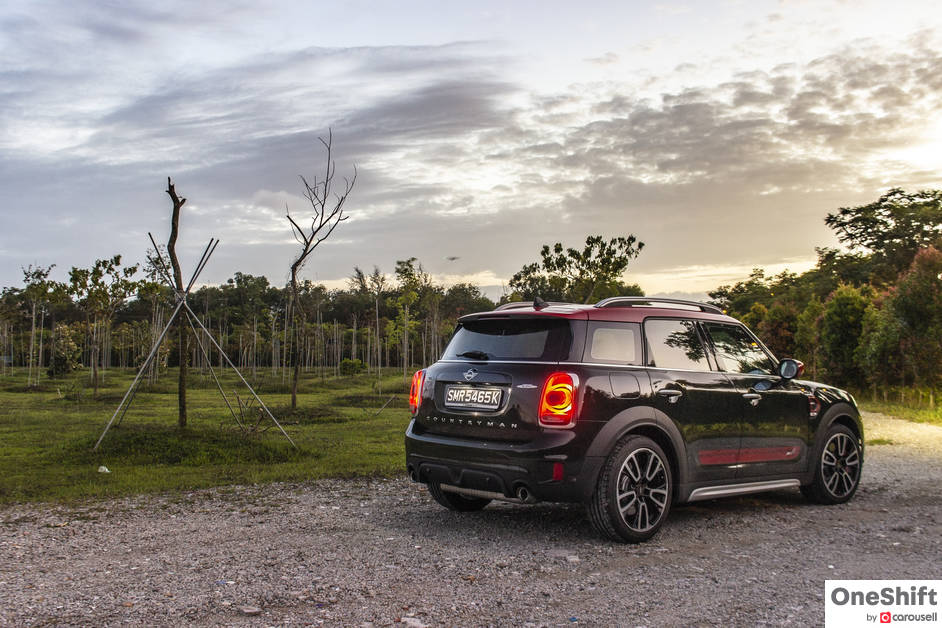
When the Monetary Authority of Singapore mandated a structured rate of down payment and loan tenure for car purchases in Singapore, the objective was to ensure that the car’s rate of depreciation would never outrun the rate of repayment. In theory, a car’s value when sold or scrapped, will always be adequate to at the very least, repay the outstanding bank loan. In doing this, we have reduced cases of not only bad debt and payment defaults, but also reduced cases of people having to pay extra money to get rid of their cars, which happened quite a bit back in the day. The key point in the matter, or moral of the story if you will, is that if you can’t afford the downpayment of the car, you should not be taking on the financial responsibility of owning one. If viewed from that standpoint, then car leasing is basically just a sneaky circumvention of those financial guidelines and one that has every potential to leave the unknowing consumer worse for wear after all of it.
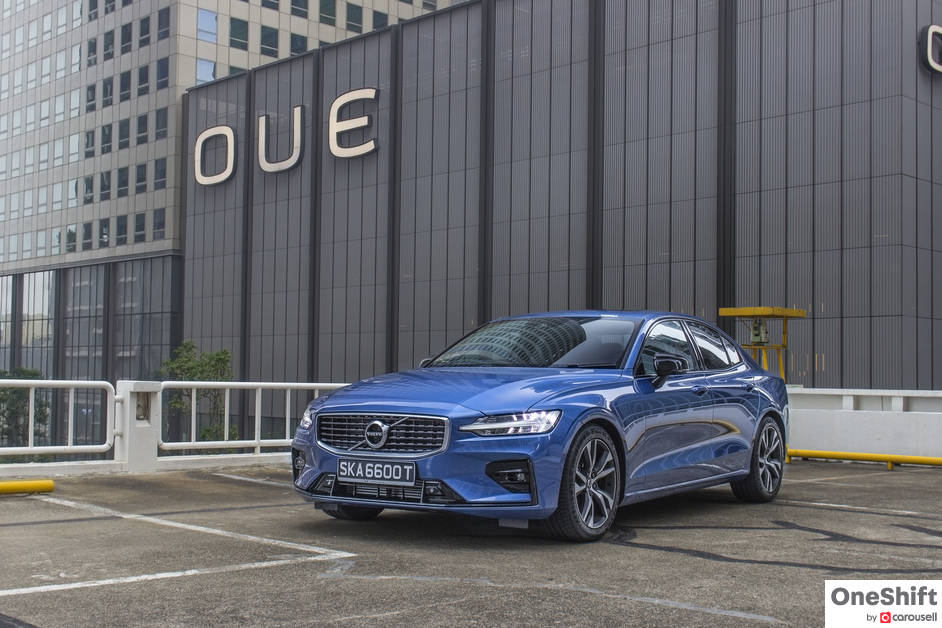
The alternative view is that it would make more sense for you to save up enough for a car you can comfortably afford (such as a used car) or an entry level new car, and build on it over time, allowing the ARF value or resale value of the car, plus a little bit of extra savings, to upgrade the car to something a little bit better. Even if you did earn enough to comfortably finance a car lease, I would then offer the view that you could save up for 6 - 12 months, and purchase a used car to get started on your car ownership journey. From an insurance standpoint, it is also important for you to clock years with a car registered to your name as NCDs take time to reach 50% maturity (6 years). You don’t want to be 40 years old and still paying full rate for insurance. People say that life in Singapore, of which financial management plays a huge part, is a bit of a marathon, in that your short term decisions can drastically affect your longer term situation. I would say that car leasing makes sense, if you require short term use of a car, like an expat who is stationed in Singapore for work for a couple of years. Or perhaps you are suddenly expecting your first child and need a car soon, but do not yet have the necessary down payment for a car. Or maybe you are considering leasing the car so that you can work as a Private Hire driver. Those all seem like reasonable situations to lease a car. However, in most cases, buying the car will cost less in the long term, and if you are savvy, can even help you upgrade from one car to the next over the years.
If you think that renewing your COE will be feasable alternative, allow us to help!
Credits:


Get the Best Price for your used car
from 500+ dealers in 24 hours

- Convenient and Hassle-Free
- Consumer Protection
Transparent Process
With No Obligation



